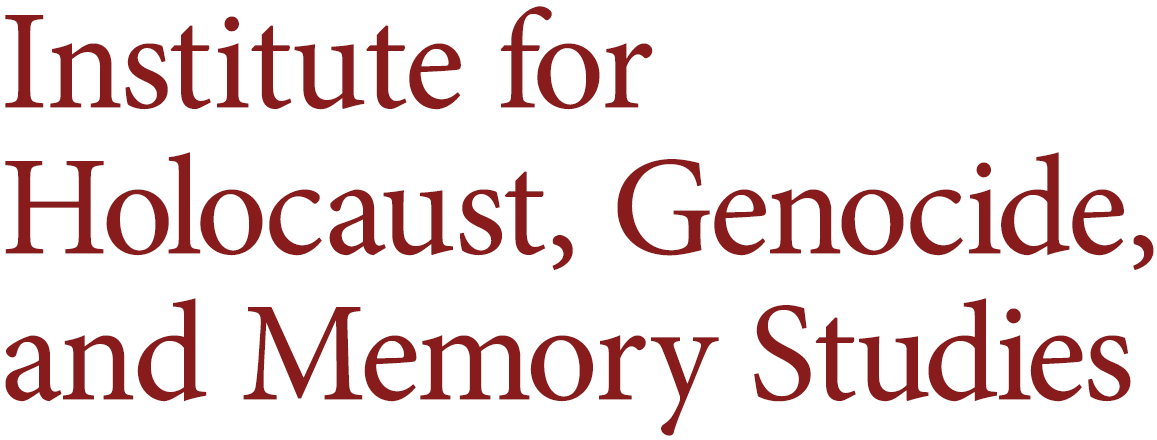Events
Back to calendarGood Jews: Philosemitism in Post-Holocaust Europe

While the liberation of Europe in 1945 did not announce the end of antisemitism, Jews, Judaism or Jewishness also acquired positive value in the aftermath of the Shoah. Like antisemitism, European “philosemitic” discourse mutated over time. To counteract the image of the Jewish enemy, secular and Christian “philosemites” imagined various types of loveable “good Jews.” This newfound sympathy is not devoid of ambiguities . But while the demonic Israeli or cosmopolitan Jew continues to fuel antisemitic paranoia, a problematic “philosemitism” also defines the relationship between contemporary Europe and its Jews.
Jeremy King (Professor of History, Mount Holyoke College) will offer a brief response and moderate the Q and A.
G. Daniel Cohen is an Associate Professor of History and Jewish Studies at Rice University (Houston). He has published on forced displacement, Jewish migration, human rights and refugees in the twentieth century. He is now writing a critical history of philosemitism in post-Holocaust Europe, from 1945 to the present.


